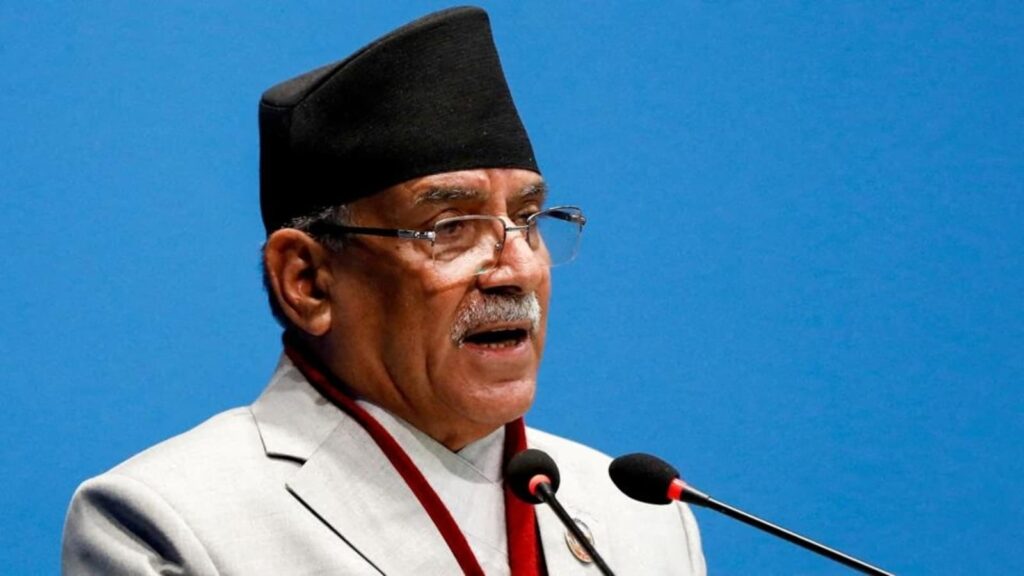Nepal’s Prime Minister Pushpa Kamal Dahal has won a trust vote in Parliament after ditching his erstwhile coalition partner, the Nepali Congress (NC), and forming a new alliance with the Communist Party of Nepal-Unified Marxist Leninist (CPN-UML). This is the third coalition formed by Dahal, also known as Prachanda, since the general election of November 2022. Dahal has tenaciously clung to power, even though his Communist Party of Nepal-Maoist Centre (CPN-MC) does not have the numbers to survive on its own.
It is perhaps telling that the votes secured by Dahal in the three trust votes in Parliament since December 2022 have fallen from 268 to 172 to a mere 157 this time around. Such fragile coalitions are unlikely to lead to political stability at a time when Nepal is grappling with a host of issues, including a much-needed impetus for development. The CPN-MC’s relationship with the Nepali Congress had frayed in recent months over issues such as differences over a provincial election and the signing of a petition by almost half of the latter’s members demanding the restoration of a Hindu State.
The coming together once again of Nepal’s two main Communist parties will go down well in Beijing, which was behind a project in 2018 that resulted in their short-lived merger. It also comes at a time when China is pushing to revive several major infrastructure projects. India has considerable stakes in a stable Nepal, especially after massive investments to create connectivity for trade, energy and people-to-people contacts. New Delhi must be prepared to play the long game as Nepal’s political parties attempt to find an equilibrium, without in any way being seen as backing any single player.

